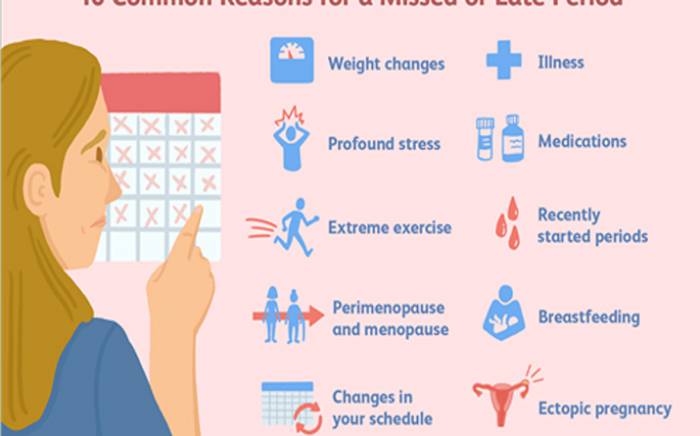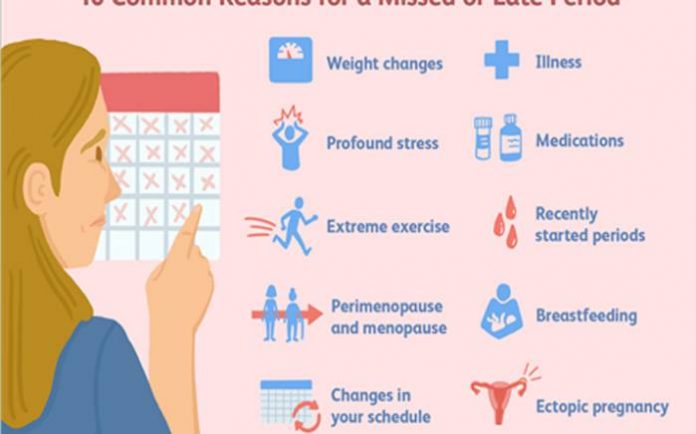Couples who decide to increase their family at a later point in their lives are increasingly common. But if you or your partner needs fertility treatment, it is important not to wait too long to see a fertility specialist.

Age
Women know that their biological clocks are ticking, but it may be surprising to learn that fertility begins to decline in women in their thirties. At age 40, the risks for both mother and baby increase: the mother may experience problems during her pregnancy and the baby may suffer from genetic problems.
Fertility in men also declines around the age of 40 due to poor sperm quality. The earlier you decide to get help, the better the result will be for both mother and child.
Cost
Costs may increase in the meantime simply because the quality of the egg or sperm decreases over time. Simpler treatments that work in younger couples may not work on older couples who may need more cycles, increasing costs. If the egg or sperm is no longer viable, a couple may rely on egg or sperm donation to conceive, which will result in additional costs.
Health
Overall health can also be affected with age. You may be healthier by age 20, but if you develop prediabetes, fibroids, thyroid disease or become obese as you get older, it will be harder to get pregnant. If you are determined to start a family, try to stay healthy and don’t delay the necessary treatments.
If you are concerned that delaying fertility will prevent you from conceiving. We can develop a fertility treatment that is right for you. Even if it is not the right time for you to start a family, we have solutions to preserve your fertility, such as freezing eggs, embryos and sperm for later use.
Are you Afraid of Some Kind of Malfunction?
Maybe you and your partner are wondering if something is out of order? After all, you may have been trying to conceive for some time without success. It may be helpful to review some basic biological notions about fertility and conception.
You may not be having s*x at the right time in your partner’s reproductive cycle. Measuring basal body temperature (BBT) or examining changes in cervical mucus will help you assess the timing of ovulation.
On the other hand, there may be a physical problem. The following is an overview of conditions that can affect male and female fertility. As you read, don’t jump to conclusions about your own diagnosis. If you suspect something, you should talk to your health care provider or a fertility specialist.
Seek Help (Find a Fertility Clinic Near You) If:
- You are under 35 years of age and have been unable to conceive after 12 months of regular, unprotected s*x;
- You are between the ages of 35 and 37 and you have not been able to conceive after 6 months of regular, unprotected s*x;
- You are over 37 years of age (women over 37 years of age should not wait 6 months before seeing a doctor, as a prolonged wait may affect their chances of conception).
Common Causes of Female Infertility
When it comes to fertility, hormonal control of the menstrual cycle can be extremely complex. Below is a short list of conditions that can cause fertility problems. If you are concerned about any of these conditions, seek help from a fertility specialist. Fortunately, treatment may be available for many of these conditions.
Ovulatory Problems
Approximately 33% to 50% of all infertile women have ovulatory problems. The normal ovarian cycle is so complex that even small changes can disrupt the cycle and prevent ovulation.
In the majority of cases, the problem is caused by a hormonal imbalance (e.g., a particular hormone deficiency or the release of a hormone at the wrong time). This can often be caused by poor communication in the brain between the hypothalamus and pituitary gland and an IVF in Mexico can be a solution. Sometimes an ovulation abnormality is also associated with extremely low or overweight, as well as with a significant change in weight (loss or gain).











































